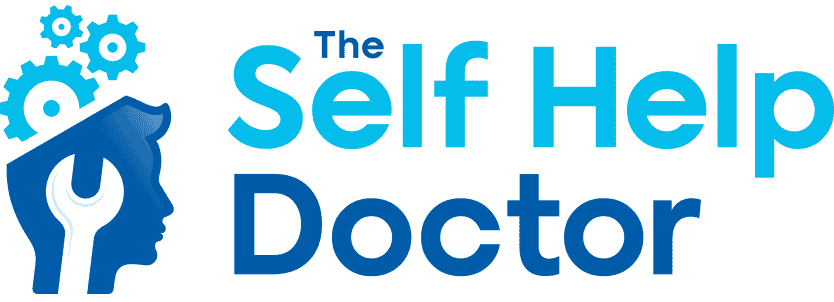How Anger Management Impacts Work, Relationships, and Health: Finding Balance

How Anger Management Impacts Work, Relationships, and Health: Finding Balance
Anger can sneak into your day, affecting your work, your loved ones, and even your health. It’s not just a fleeting emotion; unchecked, it can become a barrier to living the life you want. But here’s the good news: you can change it. With the right tools, you can learn to manage your anger and improve your emotional regulation.
Impact on Work Life

Anger management issues can significantly affect your professional environment. Whether it’s missed deadlines or strained team dynamics, the ripple effects are real and impactful. By addressing these challenges, you can foster a more productive and harmonious workplace.
Stress and Productivity
When anger is left unmanaged, it often leads to increased stress levels, which can hinder productivity. Stress can cause you to lose focus, impacting the quality of your work. Emotional regulation is crucial in maintaining productivity. Here are some steps to manage stress:
-
Identify Triggers: Recognize what causes your anger to manage it effectively.
-
Practice Breathing Techniques: Deep breathing can help calm your mind.
-
Set Realistic Goals: Break tasks into smaller steps to avoid overwhelming feelings.
By implementing these strategies, you not only improve productivity but also create a more positive work environment. Consider exploring self-help resources for more tips.
Workplace Relationships
Anger can also strain workplace relationships. Negative emotions may lead to miscommunication and conflict. Building strong communication skills is essential. Empathy and active listening are key components:
-
Practice Empathy: Try to understand your colleague’s perspectives.
-
Engage in Active Listening: Focus on what others say without interrupting.
-
Seek Feedback: Regularly ask for constructive feedback.
These practices help in developing trust among team members. A supportive work environment enhances collaboration and reduces conflicts. For more insights, read about managing anger at work.
Effects on Personal Relationships

Anger can spill over into personal relationships, creating communication barriers and affecting intimacy. Understanding and addressing these issues can lead to stronger, more fulfilling connections with loved ones.
Communication Barriers
Unmanaged anger often results in communication breakdowns. Angry outbursts can make open dialogue difficult. Effective communication involves clear expression of thoughts and feelings:
-
Use “I” Statements: Focus on your feelings without blaming others.
-
Stay Calm: Control your tone to avoid escalating the situation.
-
Be Open-Minded: Listen to others’ perspectives without judgment.
Overcoming communication barriers can enhance understanding and intimacy. For further guidance, consider other techniques.
Trust and Intimacy
Anger can erode trust and intimacy in relationships. When anger is frequent, partners may feel unsafe or unloved. Rebuilding trust requires patience and commitment:
-
Apologize When Needed: Acknowledge mistakes sincerely.
-
Show Consistency: Follow through on promises to build reliability.
-
Share Vulnerabilities: Openness can deepen emotional connections.
By focusing on these areas, you can nurture a more trusting and intimate relationship with your partner. This approach fosters a healthier emotional dynamic.
Health and Emotional Regulation

Anger doesn’t just affect your mind—it impacts your body too. Addressing these concerns is essential for overall well-being.
Physical Health Concerns
Anger can have serious effects on physical health. It may contribute to issues like high blood pressure and heart disease. Managing anger involves proactive measures:
-
Exercise Regularly: Physical activity releases tension.
-
Eat a Balanced Diet: Proper nutrition supports emotional health.
-
Get Sufficient Sleep: Rest aids in emotional regulation.
These lifestyle choices can mitigate the physical impacts of anger. Explore health tips to further protect your well-being. 💪
Benefits of Self-Help Courses 🚀
Self-help courses, especially those based on CBT techniques, offer valuable tools for managing anger. These courses provide structured guidance:
-
Understand Emotional Triggers: Learn what ignites your anger.
-
Develop Coping Strategies: Gain skills to manage responses.
-
Practice Mindfulness: Focus on the present to reduce stress.
By engaging in a self-help course, you can enhance your emotional regulation skills and foster mental health improvement. Remember, taking the first step towards change is empowering. 🌟
Are you ready to improve your mental health? Explore our free mini-course to uncover habits fueling your anger and learn healthier responses. 🌈





